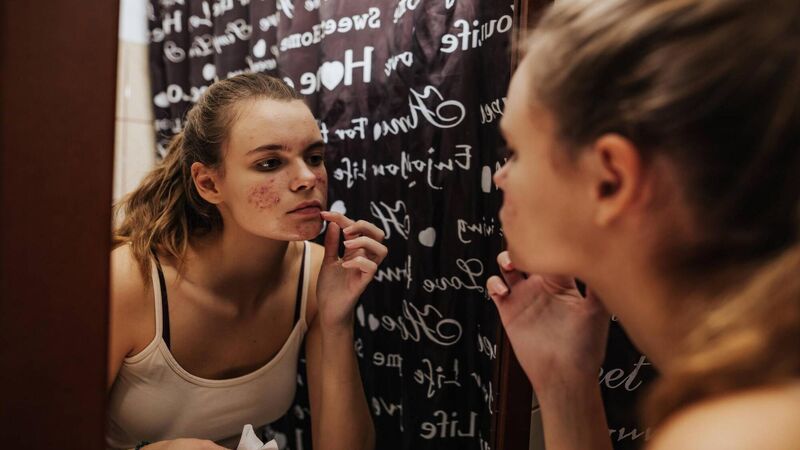The Skin Nerd: Here's my guide to taking action for acne

The Skin Nerd: Acne is said to affect 9.4% of people globally, making it one of the most prevalent diseases in the world.
Try from €1.50 / week
SUBSCRIBE
The Skin Nerd: Acne is said to affect 9.4% of people globally, making it one of the most prevalent diseases in the world.
June is Acne Awareness Month, and so I thought this would be a great time to speak about the skin condition and what you can do if you suffer from it.
Whilst, technically speaking, all spots are a form of acne, when we say acne, we are usually referring to moderate to severe acne, sore, inflamed whiteheads, cysts and nodules, rather than small spots or flat blackheads.
Already a subscriber? Sign in
You have reached your article limit.
Annual €130 €80
Best value
Monthly €12€6 / month
Introductory offers for new customers. Annual billed once for first year. Renews at €130. Monthly initial discount (first 3 months) billed monthly, then €12 a month. Ts&Cs apply.
CONNECT WITH US TODAY
Be the first to know the latest news and updates
Newsletter
The best food, health, entertainment and lifestyle content from the Irish Examiner, direct to your inbox.
Newsletter
The best food, health, entertainment and lifestyle content from the Irish Examiner, direct to your inbox.
© Examiner Echo Group Limited